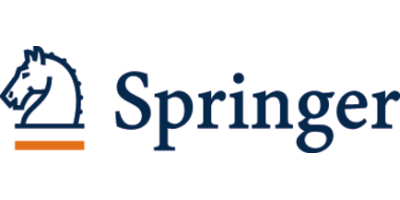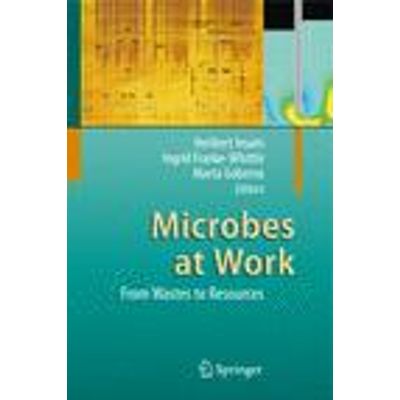

Springer-Verlag GmbH
- Home
- Companies
- Springer-Verlag GmbH
- Books
- Microbes at Work

Microbes at Work
Jan. 1, 1900- By: Heribert Insam; Ingrid Franke-Whittle; Marta Goberna
Courtesy ofSpringer-Verlag GmbH
Among the goals of environmentally sound waste treatment is the recycling of organic wastes. The most practiced options are composting and anaerobic digestion, both processes being carried out by microorganisms. This book provides an overview of the various ways microbes are doing their job and gives the reader an impression of their potential.
The sixteen chapters of this book summarize the advantages and disadvantages of treatment processes, whether they are aerobic like composting or work without oxygen like anaerobic digestion for biogas (methane) production. These chapters show the potential of microorganisms to create valuable resources from otherwise wasted materials. These resources include profitable organic, humus-like soil conditioners or fertilizer components which are often suppressive to plant diseases. Composts may thus improve soil carbon sequestration, or support sustainable agriculture by reducing the need for mineral fertilizers or pesticides. If anaerobic digestion is used, the biogas produced may replace fossil fuels. Thus, proper biological waste treatment with the help of microorganisms should contribute to a reduction of anthropogenic greenhouse gas production.
Most popular related searches
soil conditioner
plant disease
mineral fertilizer
sustainable agriculture
composting
composter
organic soil conditioner
fertilizer
greenhouse production
anaerobic composting
Price: 199.00 USD; 135.00 GBP; 160.45 EUR
ISSN: 978-3-642-04042-9
Launch: 1900
